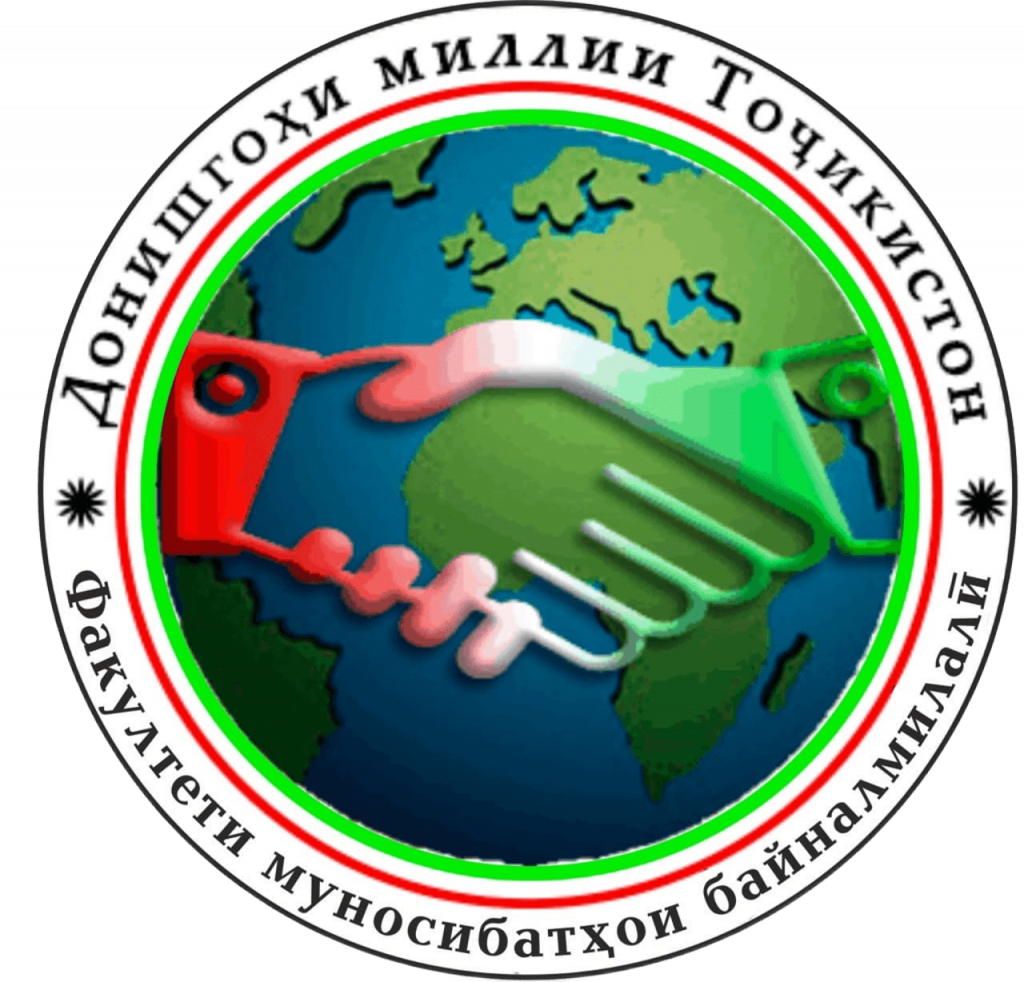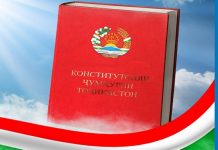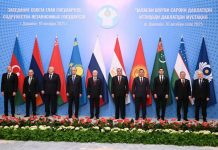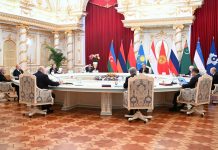The traditions of statehood, foreign policy and diplomacy, the procedure for sending messengers, the experience of peace and mediation were harmoniously combined in the history of the formation of the Tajik people. However, the formation of the diplomatic service as reflection of the mechanism for realizing the national goals of Tajiks, reflection of political independence and the creation of conditions for internal development was achieved only with the declaration of state independence. Despite the creation in 1944 of the People’s Commissariat of Foreign Affairs, period of stagnation (1946-1989), its relative revival and transformation into an independent ministry (1989-1991), the formation of the diplomatic service of Tajikistan, in full sense occurred only and only during the period of independence.
Although a significant part of what is present today in foreign policy activities in terms of training and education of worthy diplomatic personnel did not exist before or was not embodied in such a noticeable and significant form as during the times of state independence, the history of a country’s diplomacy is political capital and spiritual capital that can and should be useful. This is not only our moral duty to previous generations of Tajik diplomats, but also an important element in shaping the foreign policy of modern Tajikistan.
However, it should be borne in mind that in the process of forming foreign policy, this body encountered certain problems and went through a crisis stage.
At the beginning of the period of independence, our country was engulfed in an imposed civil war and faced many problems in the design, development and implementation of foreign policy. Although the exact direction of Tajikistan’s foreign policy was determined with E. Rahman coming to power and the country’s government tried to implement it, we did not have a clear foreign policy strategy and its normative and conceptual basis.
Of course, most superpower countries also do not have a clear foreign policy strategy and cover up its absence with large natural resources, economic and military potential, neutral position, and support for the position of their allies. However, in comparison with them, Tajikistan does not have those advantages that would protect or support our country from serious shortcomings and failures.
The success of Tajikistan’s foreign policy and diplomacy depends, first of all, on the ability to plan and foresight of its leader, the traditions of statehood, cultural and spiritual values, and the professionalism of diplomatic service employees. Therefore, the success of Tajik diplomacy was facilitated by the eternal wisdom of the leader of the nation, the correct directions of foreign policy, and the loyalty and professionalism of the sector’s workers.
Tajikistan has developed special foreign policy, which was officially called the “open door policy” on December 31, 2002. Our foreign policy reflects the cultural, historical and traditional values of the Tajik people, that is, friendship and good neighborliness, which testifies to the ancient and civilized nation of the Tajiks.
In a historically short period, the foreign policy and diplomatic service of Tajikistan have gone through certain stages:
The relative period of development of foreign policy, which took place from the beginning of independence to 2002;
The stage of foreign policy development, including from 2002 to 2014;Stage of foreign policy development starting in 2014.
Each stage has its own characteristics and was implemented due to the historical needs of the formation and development of the Tajik state in difficult historical conditions.
Today, Tajik diplomacy is known for its achievements throughout the world. Highlighting its main aspects is a source of pride and satisfaction for every citizen of Tajikistan:
– establishment of diplomatic relations of the Republic of Tajikistan with 181 countries of the international community;
– official recognition of the state independence of the Republic of Tajikistan by 192 countries of the planet;- membership in 58 prestigious international and regional organizations;
– signing of 1200 bilateral agreements with countries of the international community;
– membership in 600 international declarations;
– exchange of goods and products with 130 countries;
– achievements in the direction of offering international initiatives (especially on the issue of water, cooperation in its field and turning it into an important factor in sustainable economic development);
– chairmanship of the head of state at the 54th session of the UN General Assembly;
– proposal of formula for peace, etc.
To ensure national goals, protect independence and success in the diplomatic service, it is necessary to know the values of patriotism, honor, knowledge and skills and the rules of this field. A professional, qualified and organized diplomatic service is the most important condition for the successful solution of strategic tasks and issues in the international arena.
The direction of Tajik diplomacy has evolved from presenting the country on the world stage to resolving global issues, the successful use of modern diplomatic tools (economic, cultural diplomacy) and, in general, the use of soft diplomacy, which is evidence of the gradual formation of the foreign policy and diplomatic service of Tajikistan.
In the context of an increase in the volume and speed of performing diplomacy tasks, employees of the foreign affairs department are required not only to have high professionalism and competence in the field of international relations, but also to take an active position in life, effectively use the acquired knowledge, make decisions for the benefit of the country, show a creative approach and need .
Today, all conditions have been created for mastering the intricacies of the profession and forming a personality worthy of the people and nation. One of the centers for realizing the noble goals of youth is the Faculty of International Relations of the Tajik National University.
Studying the specialty of the diplomatic service from masters of the matter, conducting practical and theoretical classes by professional diplomats and veterans of the region, writing analytical works, discussing current issues help broaden the horizons of future representatives of Tajikistan.
Currently, foreign policy workers are on the eve of their professional holiday (September 29). Taking this into account, I wish them success in work and life, worthy representation of the Tajik people, I wish them an increase in the prestige, status, potential and strength of our dear country in the international arena.
Sharipov A.N., c.h.s., docent, head of the department of international relations of TNU.
Najmiddinov A.F., c.ph.s., docent, head of the department of European studies of TNU.




